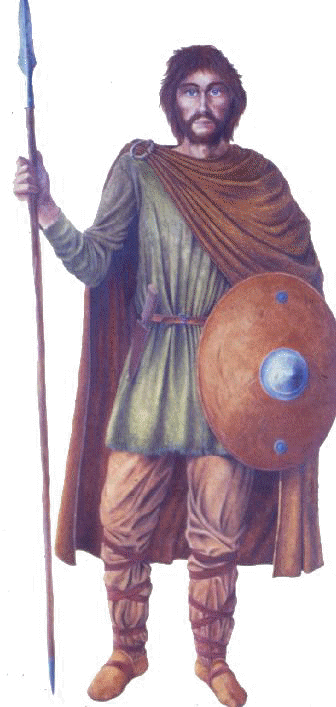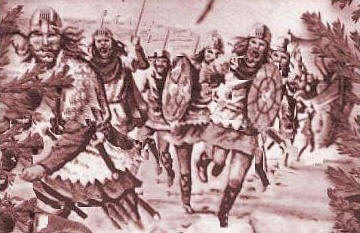
The Anglo-Saxon Invasions
-
Open (or copy and paste the following URL
into a new tab on your browser and then after opening it) click the different links on the Saxons.
http://www.bbc.co.uk/schools/primaryhistory/anglo_saxons/who_were_the_anglo-saxons/teachers_resources.shtml Then click 'go to classroom version'.
(If stuck, Google 'BBC Saxons', plus the following site will help with Q1 and Q2: http://elizabethanenglandlife.com/anglo-saxons/anglo-saxon-timeline.html)
-
Draw your own timeline or
fill in the blank timeline
on the worksheet provided
worksheet
, with the
dates of the main events in Anglo-Saxon history. (Adjust the timeline if
needed.)
-
Click the link 'Who were they', and
then open the first 'photo' - the map. Use this coloured map, to fill in
your blank map provided on the worksheet. Then paste the worksheet in
your book.
- Answer
the following questions in your book:
a)
Who were the Anglo-Saxons?
b)
By 600A.D. what were the five main Anglo-Saxon Kingdoms?
5. From the different Anglo-Saxon links on the Home Page, answer the following questions in your work book:
a)
Describe a Saxon house and include what the roof was made of.
b)
Describe their clothing.
c)
How do historians know what different jobs the Saxon men and women
had?
d)
Who were the thanes?
f) Make three points from this YouTube video clip.
https://www.youtube.com/watch?v=X8wido9Gf94
(Google search for these terms, if you can't find the information on the given site.
eg type 'thanes Saxons' in Google.)
6. If
you finish before the rest of your class, then you can play these
games about
Anglo-Saxon times:
1.
Hild and the village feast(look
for the game at the bottom of the page.)
2.The
Anglo-Saxon coin game:
http://www.bbc.co.uk/history/trail/conquest/wessex_kings/act_coins_entry.shtml
( from:
http://www.bbc.co.uk/history/lj/conquestlj/coin_entry.shtml )


